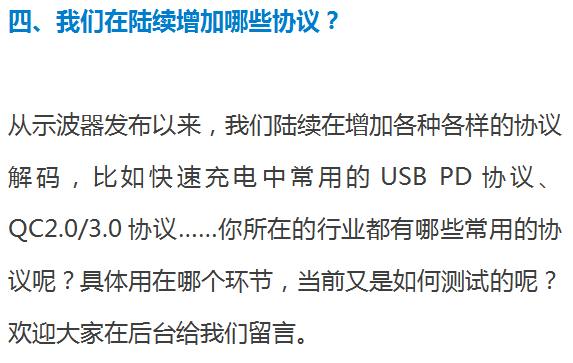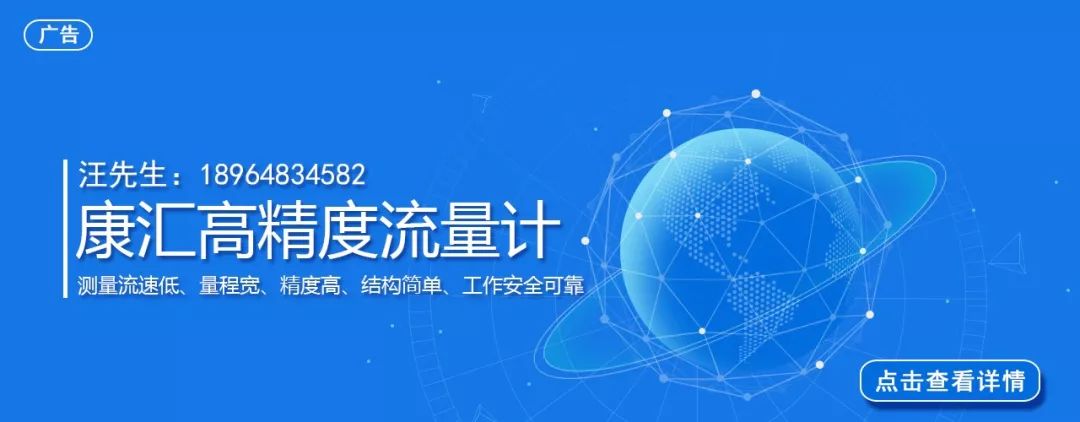
With the continuous updates in hardware architecture, oscilloscopes are no longer just instruments for “oscillography”; protocol decoding is a typical example! IIC, SPI, UART, CAN, LIN… We provide the ZDS series oscilloscopes with up to 37 types of protocol decoding analysis plugins for free. What are the applications of these numerous protocols, and how are they specifically used?
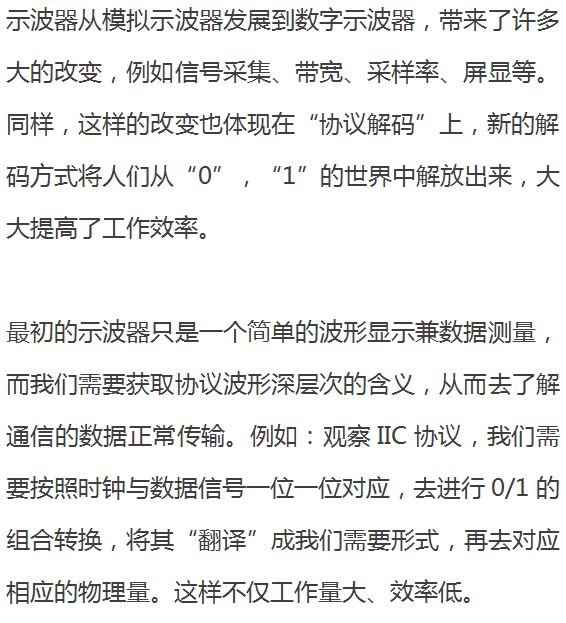
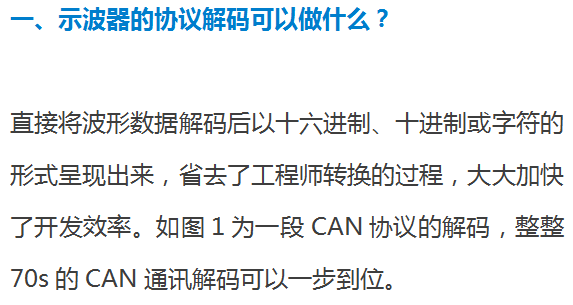
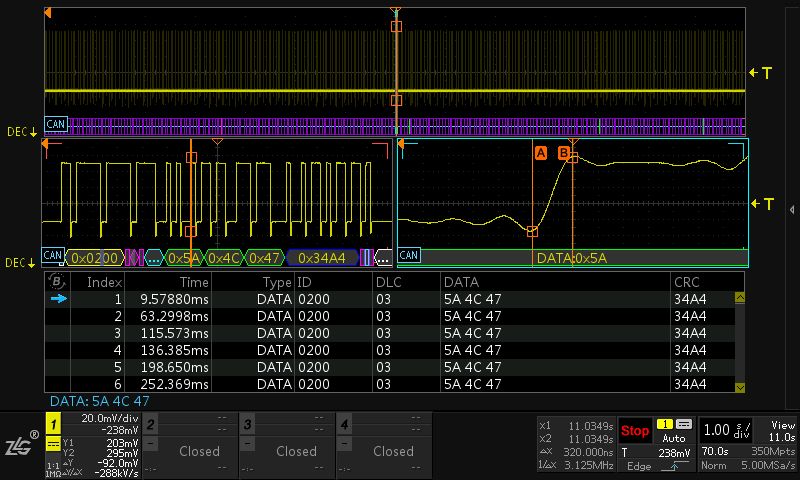
Figure 1: CAN protocol decoding under dual zoom
II. What protocols do oscilloscopes support?
Currently, oscilloscopes can decode not only well-known protocols such as CAN, UART, IIC, and USB but also many other protocols. We categorize them based on industry frameworks.
1. Automotive Electronics/Rail Transit
Table 1 lists the protocol decodings used in automotive electronics and rail transit.
Table 1: Automotive Electronics Related Protocols and Features
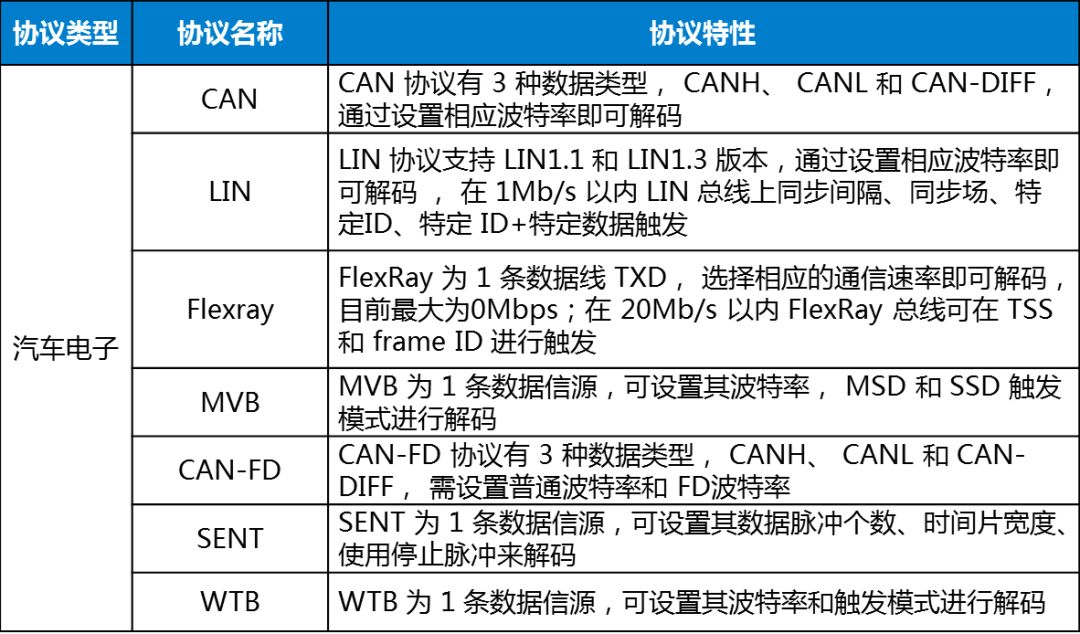
As shown in Figure 2: WTB protocol decoding
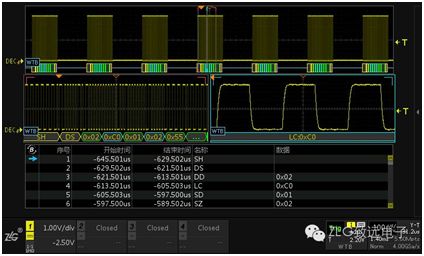
Figure 2: TB protocol decoding under dual zoom
2. IC Interfaces/Embedded Control
Table 2 lists the IC interface related protocols.
Table 2: IC Interface Related Protocols and Features
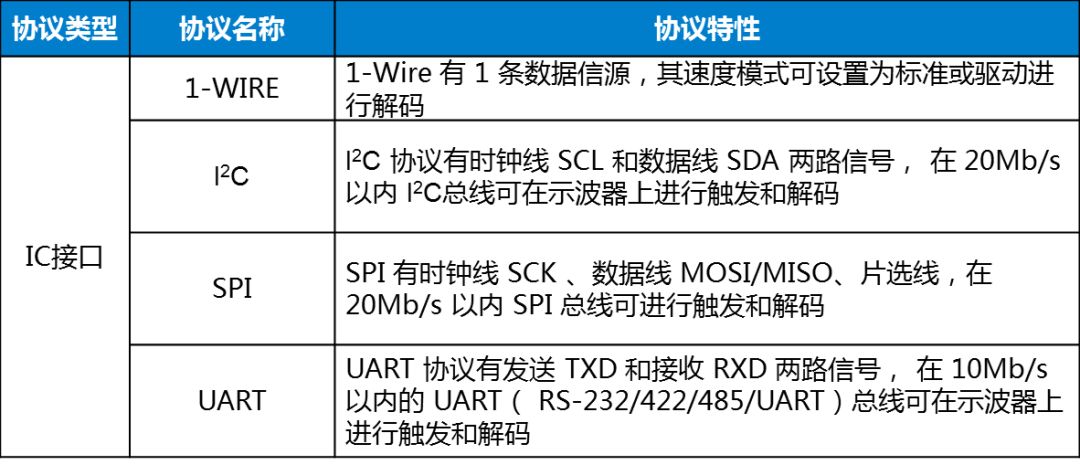
As shown in Figure 3: SPI protocol decoding
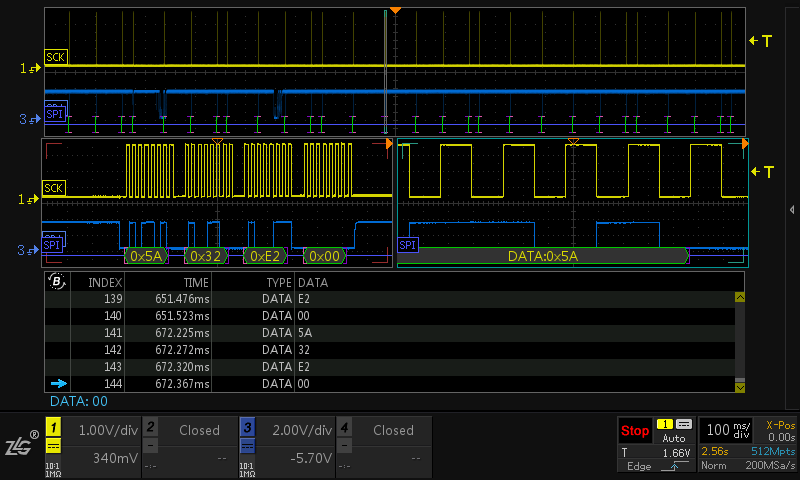
Figure 3: SPI protocol decoding
3. Computer Peripheral Devices
Table 3 lists the protocols related to computer peripherals.
Table 3: Computer Peripheral Related Protocols and Features

As shown in Figure 4: USB protocol decoding
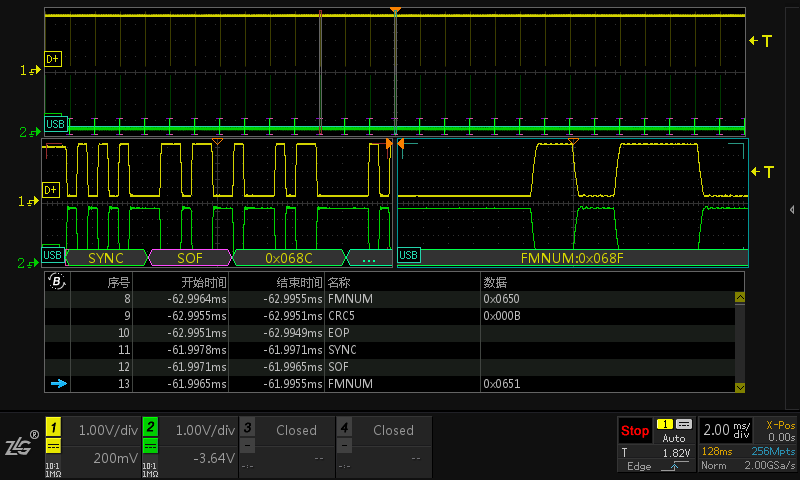
Figure 4: USB protocol decoding under dual zoom
4. Wireless/RF Protocols
Table 4 lists the protocols related to wireless communication.
Table 4: Wireless Communication Related Protocols and Features
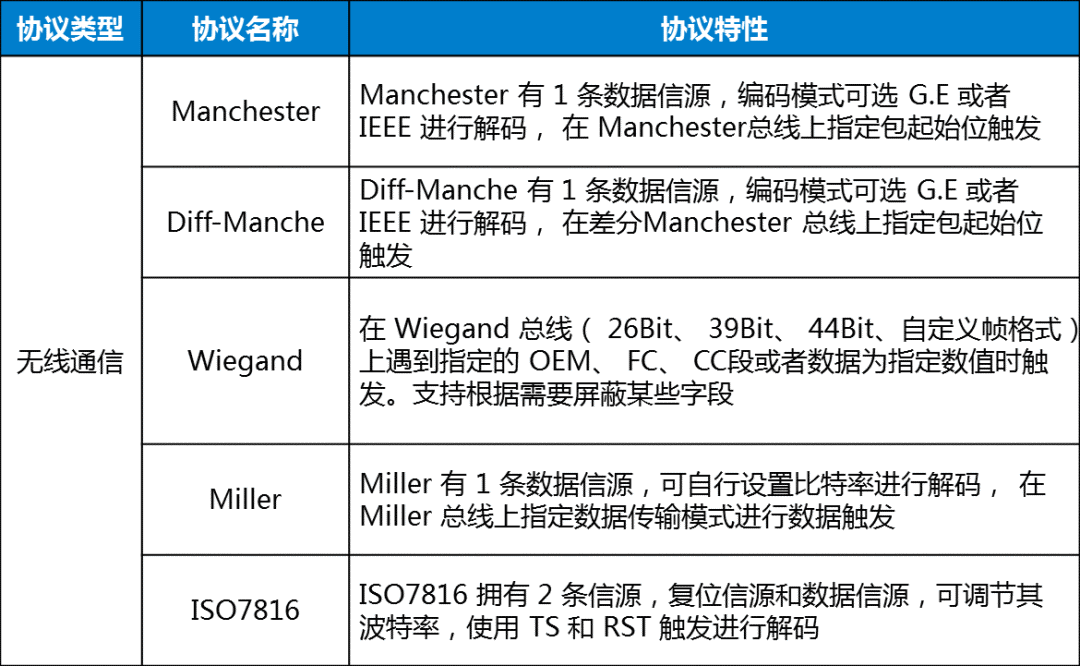
As shown in Figure 5: Wiegand protocol decoding
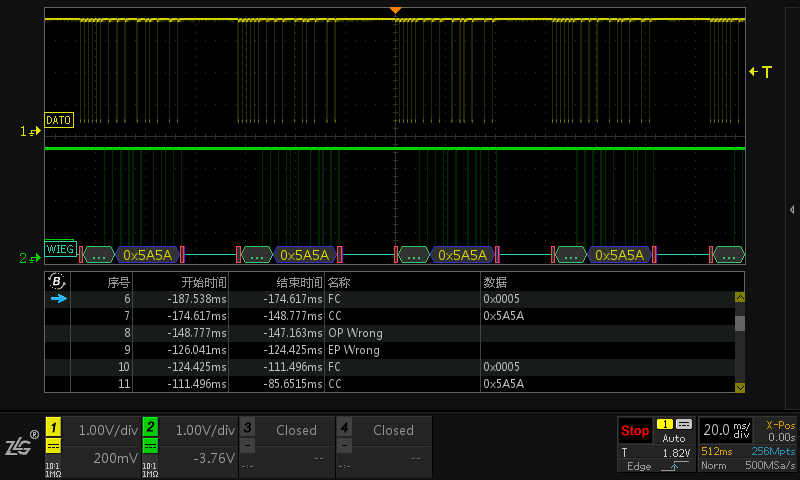
Figure 5: Wiegand protocol decoding
5. Other Common Protocols
Table 5 lists the protocols related to various industries.
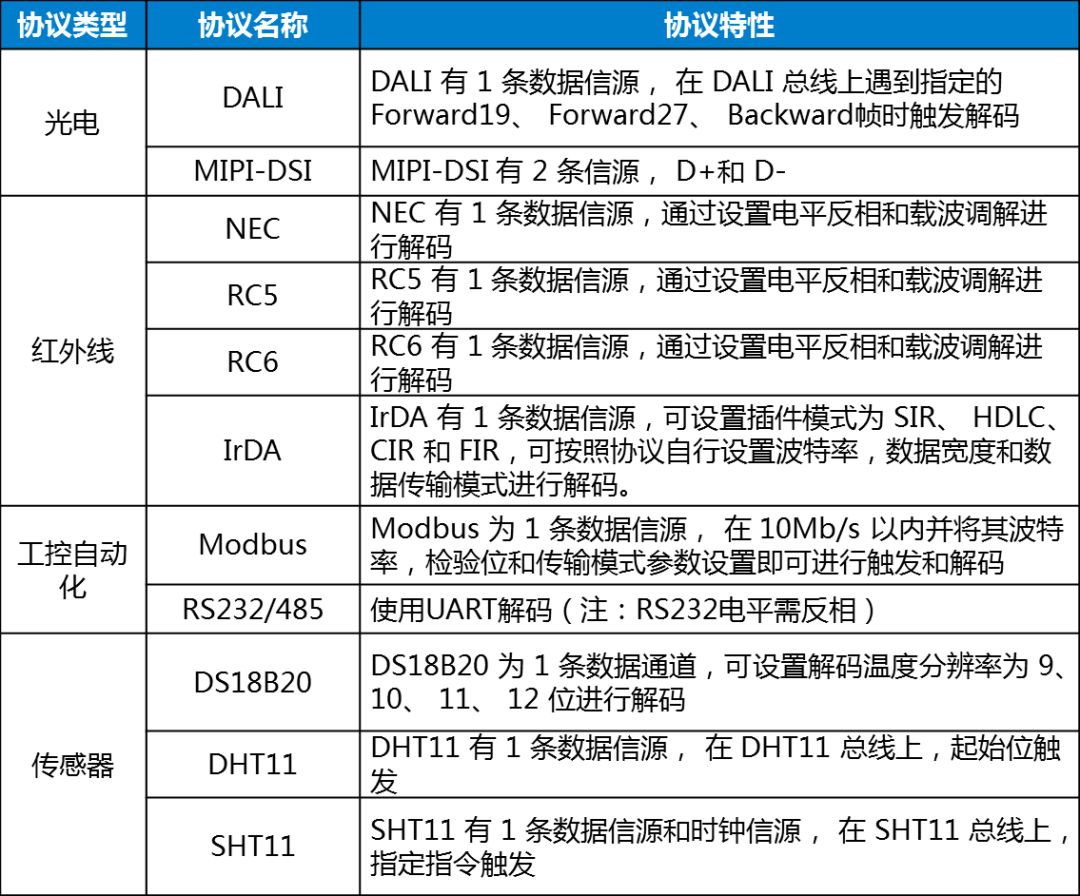
As shown in Figure 6: RS232 decoding:
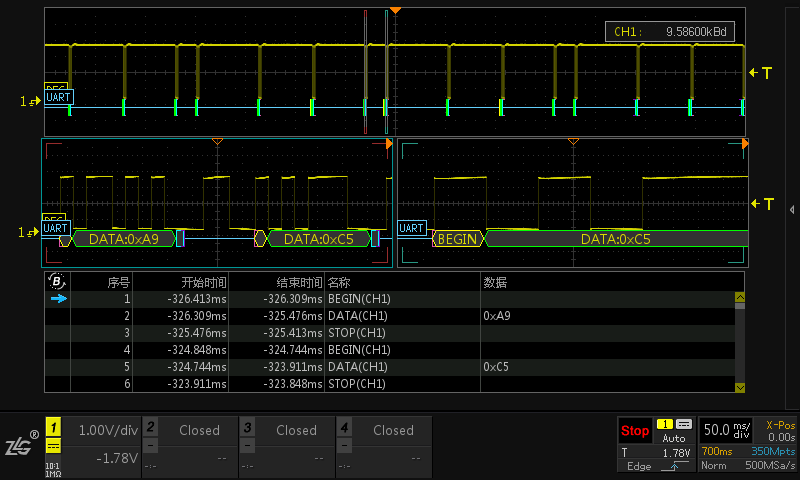
Figure 6: RS232 decoding under dual zoom
Table 6: Related Protocols and Features Across Industries
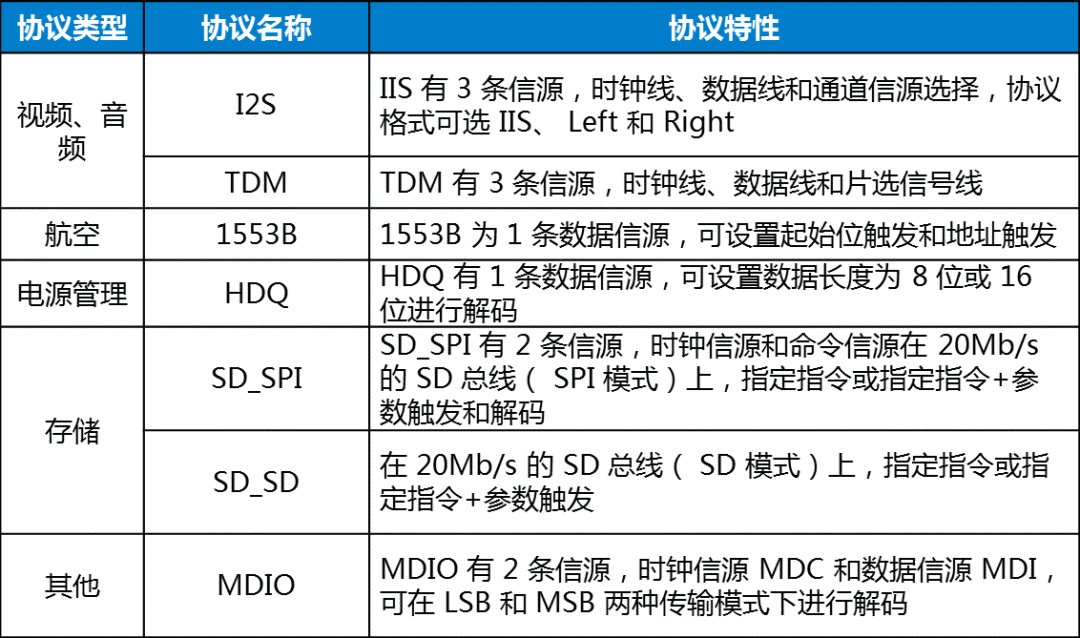
III. Are ZDS Series Oscilloscopes Charged?
All protocol decodings for the ZDS series oscilloscopes are provided for free, with support for over 30 types of protocol decoding. The decoding can be displayed in three formats: “Decimal”, “Hexadecimal”, and “Character”, as shown in Figure 7.
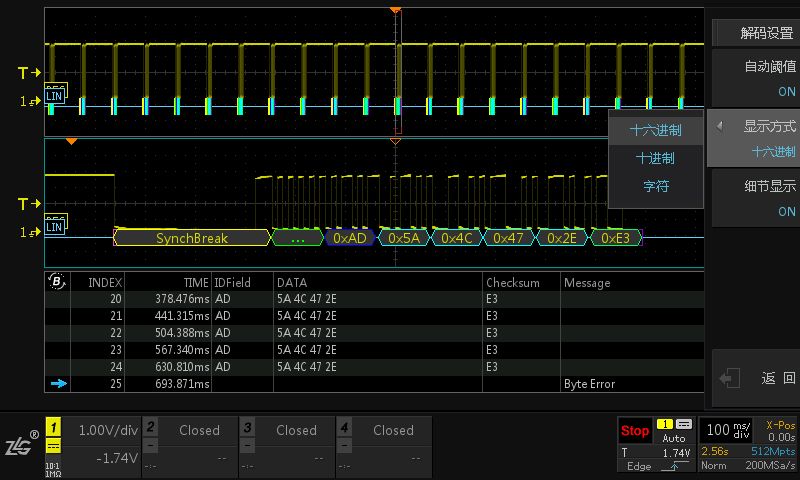
Figure 7: Three display formats for protocol decoding
Additionally, it supports detailed decoding displays, featuring a comprehensive event table (the event table includes start time, end time, name, and data), which can be exported in report web or CSV format for further analysis by engineers, as shown in Figure 8.
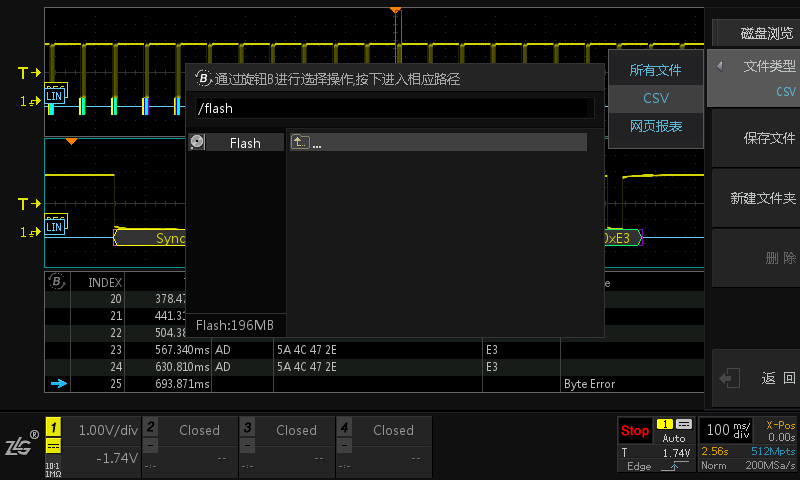
Figure 8: Two export methods for the event table
